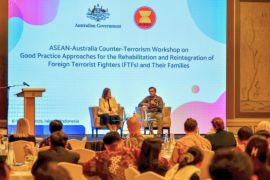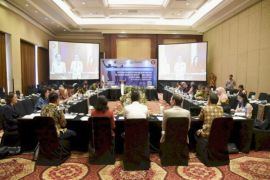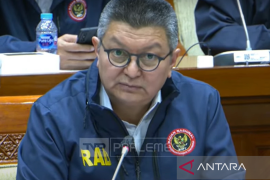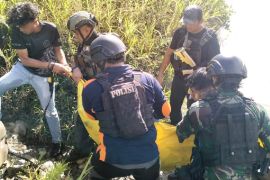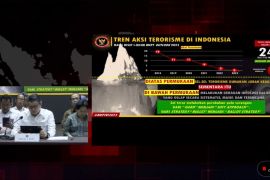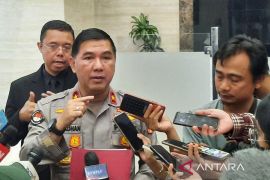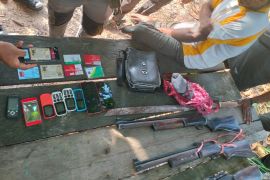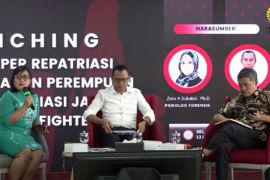The outlawed Kurdistan Workers' Party (PKK), condemned for its three-decade insurgency against the Turkish state, says it played a decisive role in blunting the militants' sweep through Iraq, which triggered U.S. air strikes to halt their advance.
"This war will continue until we finish off the Islamic State," said Rojhat, a PKK fighter speaking from a hospital bed in Arbil, the capital of the Kurdish region in Iraq.
The involvement of the PKK has consequences not only for rival Kurdish factions who failed to stop the Islamic States advance, but also for Turkey and the international community, which is being lobbied by the PKK to drop the terrorist tag.
Rojhat, 33, was wounded for a third time in the battle to retake the northern Iraqi town of Makhmur from the Islamic State after the militants - deemed too extreme even for al Qaeda - routed the region's vaunted Kurdish peshmerga forces.
The first two times he was fighting Turkish forces, part of a conflict which killed 40,000 people between its beginnings in 1984 with demands for Kurdish independence from Turkey and a ceasefire in March 2013.
His role highlights the challenge the PKK represents for Ankara, which still views it as terrorist but feels seriously threatened by the Islamic State, which has seized dozens of its citizens and decapitated an American hostage this week.
Ankara has made little comment on the latest conflict in Iraq, smarting from allegations, which it firmly denies, that its support for Sunni opponents of Syrian President Bashar al-Assad helped the Islamic State to grow and fearing for the fate of dozens of its citizens the militants have captured.
But Turkish officials played down concern the PKK would be embolded by its role in Iraq into stirring unrest in Turkey, seeing the fight against Islamic State as a separate issue from their struggle with Ankara for Kurdish rights.
"In Iraq there is a crisis and the PKK has engaged in this fight along with other elements there," a senior Turkish government official told Reuters, adding that he did not see its engagement there as permanent.
"There is no fear of a division in Turkey or a fear of unification of the Kurdish population outside of Turkey. Since there are no demands through armed conflict or violence from the PKK in Turkey, there is no need to panic," the official said, asking for anonymity to allow him to speak more freely.
Deputy Prime Minister Besir Atalay said this week the government may hold direct talks with the guerrillas, whose leader Ocalan is jailed on an island in the Marmara Sea. It proposes a plan involving the disarmament and reintegration of fighters into Turkish society.
The PKK see the new enemy and the old as very much linked, accusing Turkey of funding and sending Islamists to fight Kurds on their behalf in Syria, allegations Ankara denies.
But it has dropped its demand for a separate state for Kurds in Turkeys southeast in favor of devolution of power in each of the four countries across which Kurds are divided.
A European diplomat in Ankara said that the PKK would see its actions in Iraq, in particular its help in protecting members of the Yazidi community, as helping a diplomatic push to persuade the European Union to remove it from its list of terrorist groups.
"It is quite paradoxical that an organization proscribed as a terrorist group by the EU appears to have played such a significant role (against Islamic State)," the diplomat said.
"They're challenging the legal basis on which the EU proscribed them in the first place. They will see all of what has been happening in the past few days as grist to that mill."
The European Union, however, would be highly unlikely to make any such move without Turkish agreement, he said.
"The Turks would be strongly against... We're not at the stage where Turkey would be willing to contemplate anything like that, absolutely not."
Editor: Ade P Marboen
Copyright © ANTARA 2014
